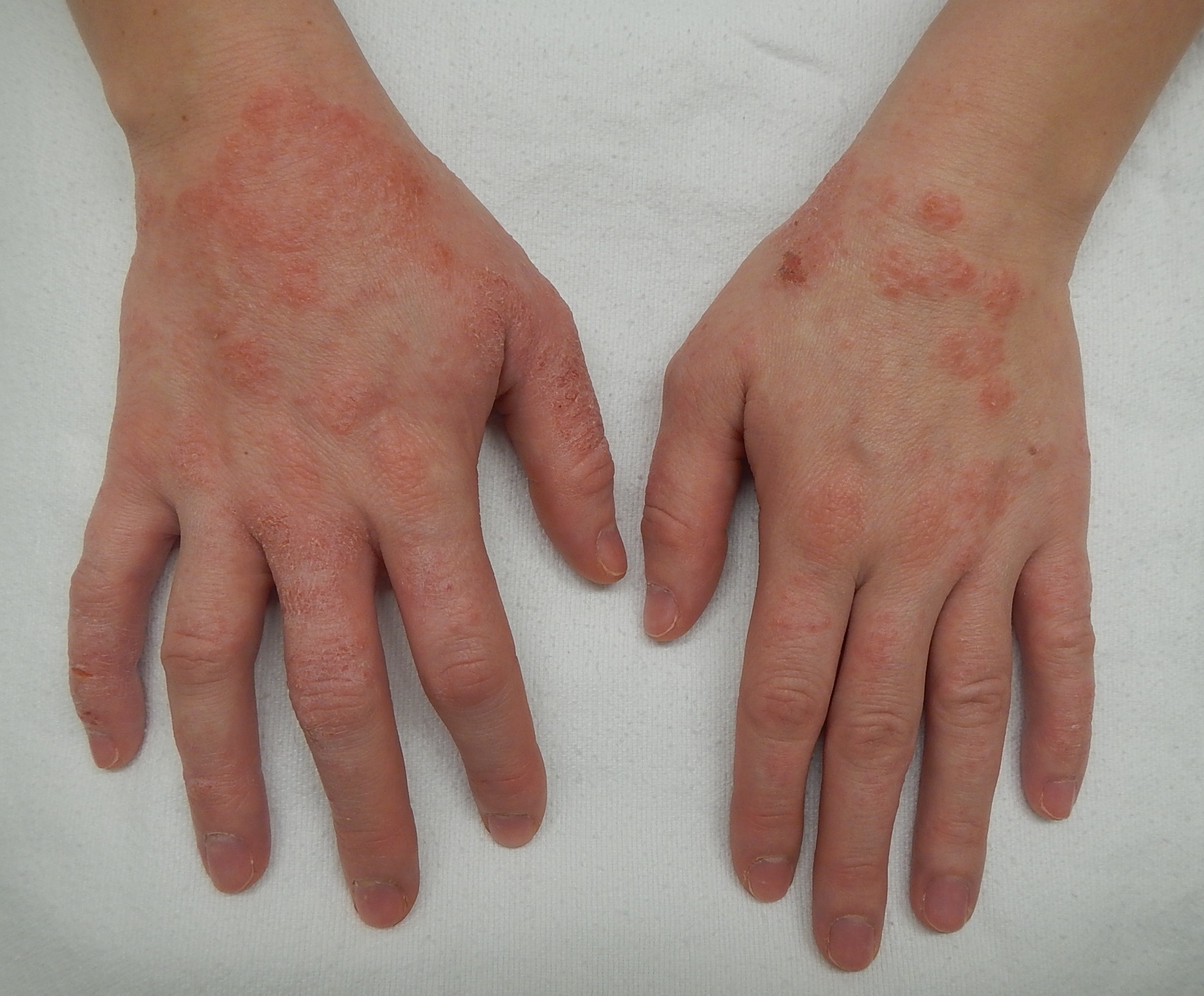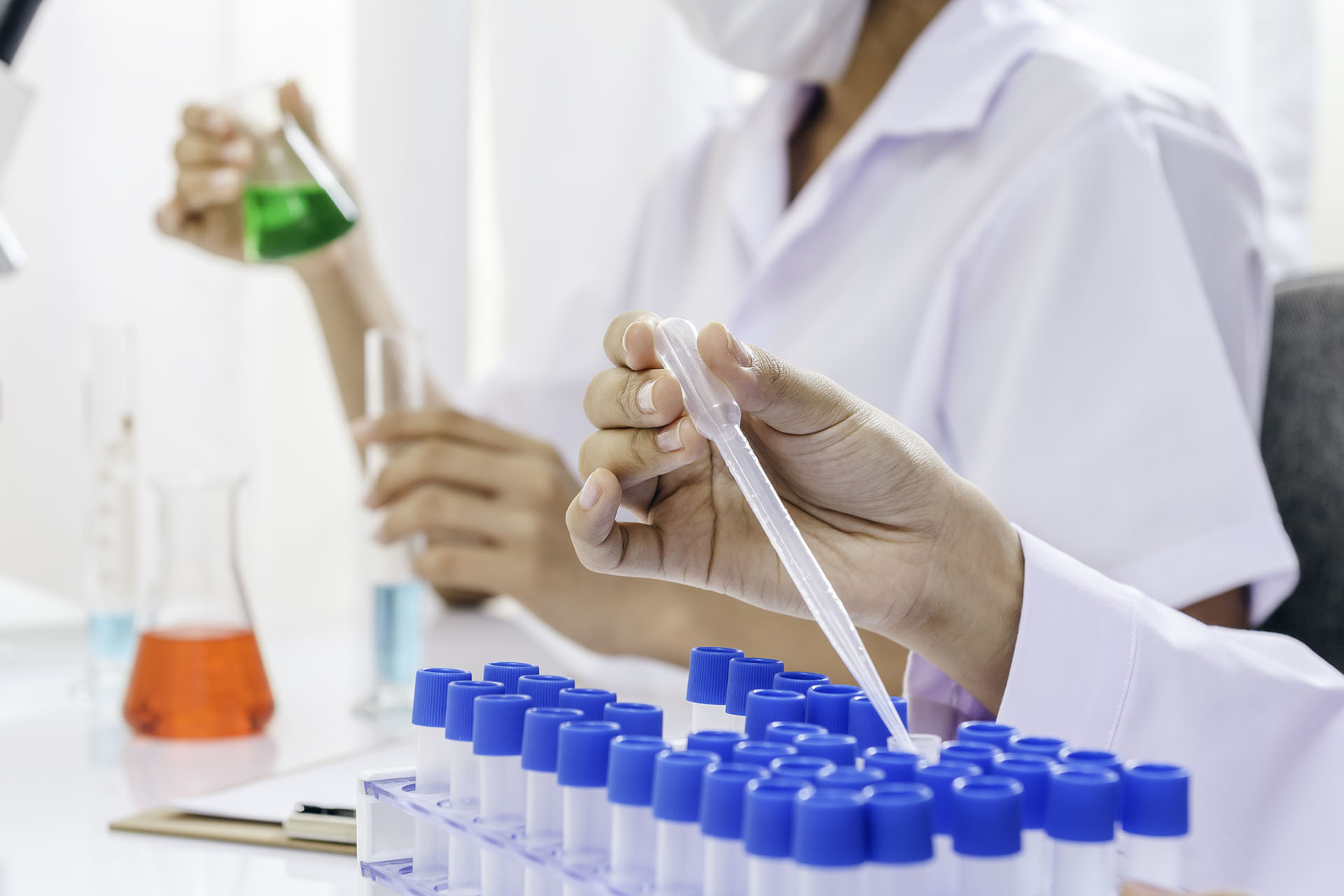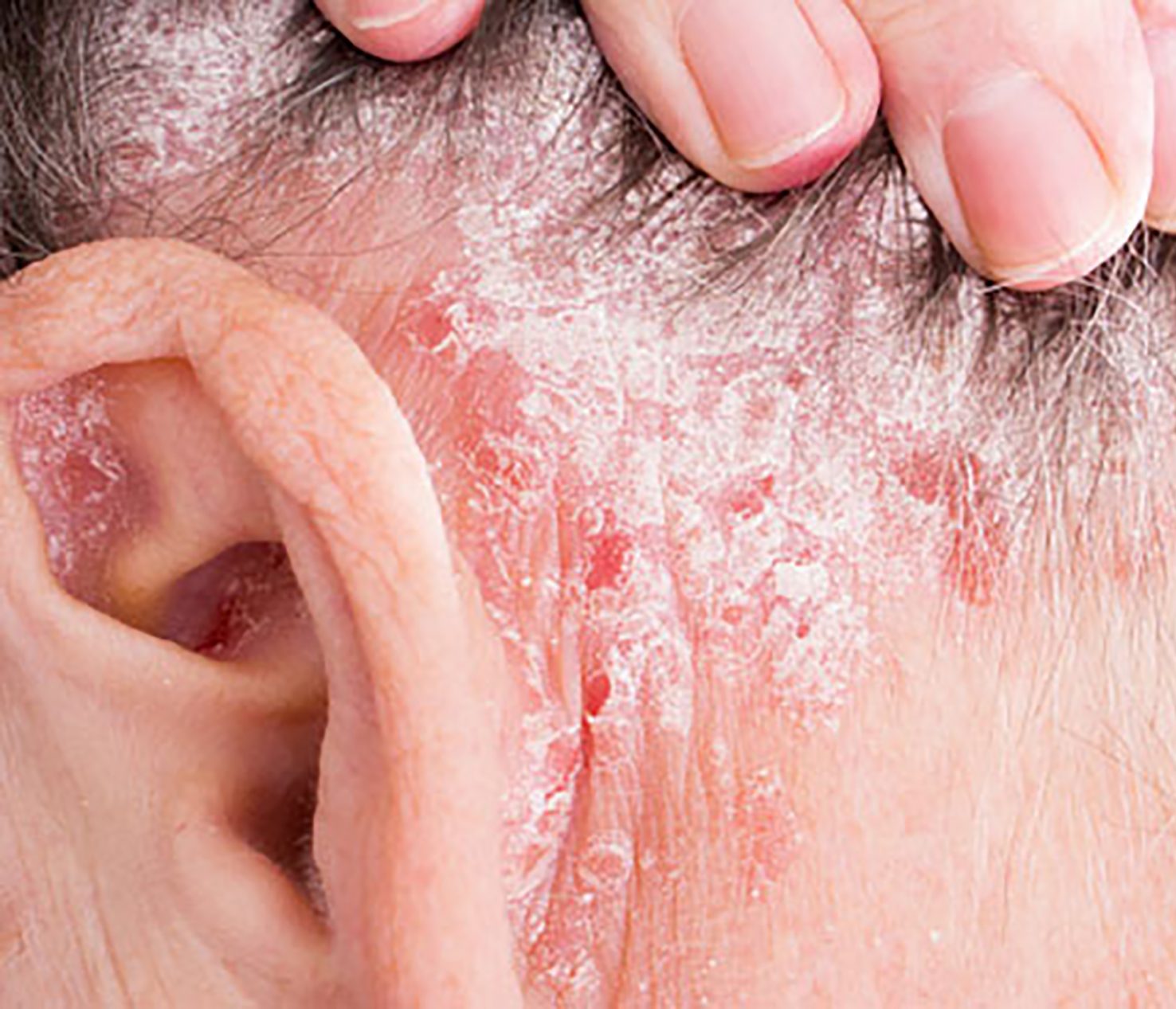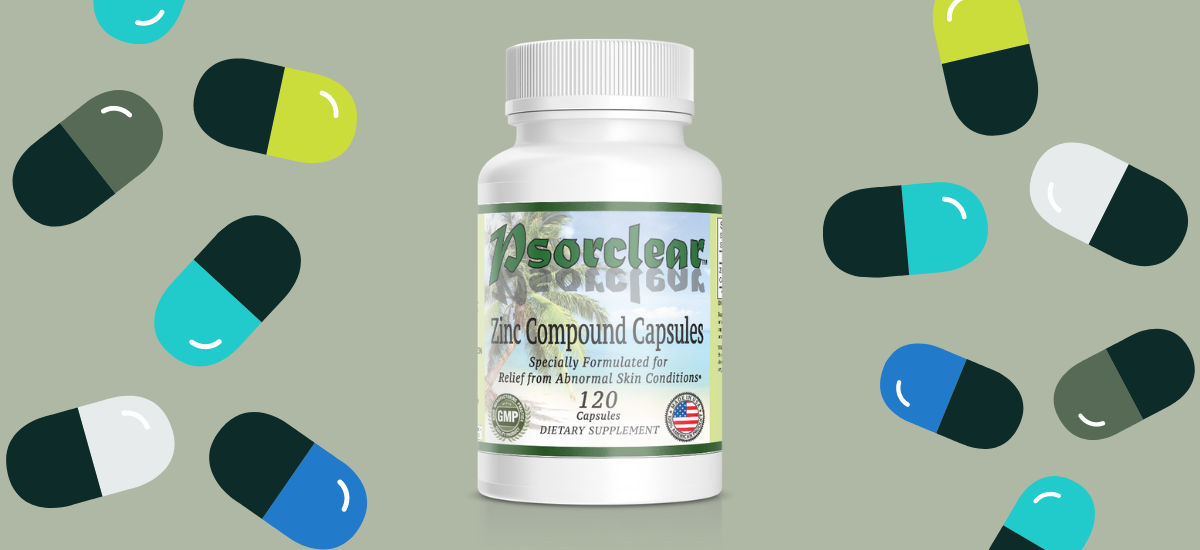The Story of Psoriasis

The Story of Eczema
August 21, 2019
The Story of Psorclear
August 26, 2019Psoriasis Sufferers
With all the new prescription medications now out for the treatment of psoriasis, it’s kind of interesting that no one says much about what psoriasis or eczema really is. Do you ever wonder what psoriasis really is? Those who develop and market the new treatments really don’t know what it means to have it. So, maybe that is why they never talk about what psoriasis really is.
We know and, for us, it’s a never-ending battle to find something that works. We all seem to be stuck in a revolving door that has no way out, trying treatment after treatment, all with no lasting effect. Psoriasis sufferers just become guinea pigs and test subjects to develop stuff to hopefully help. All the developers who are making all these new treatments and drugs do is show generic scenes of happy, peppy people and hope that this relates to those of us who actually suffer from it. Well, it doesn’t. Absolutely everyone who suffers from it just wants to be normal.
What those other companies don’t realize is that seeing things like that doesn’t make us feel better, not in any way, shape, or form. That’s because they don’t know, nor do they really understand, what it’s like to have it. They can’t possibly understand the personal pressure it creates just having it, the incredible itching, the pain, the massive scaling, even bleeding in some cases, the deformation of fingernails and toenails, the scaling scalp, the suffering and embarrassment, the psychological issues that are created by it. Not to mention the questions from those who aren’t aware of what it is. They don’t realize the effort that has to go into hiding it from others, just to avoid those, well-meant but misguided questions. While eczema doesn’t have effects as drastic as Psoriasis, it is none the less just as psychologically affective to its sufferers.
What it is not
The reason that Psoriasis has never been at the forefront of medical concern until now it appears is for two reasons:
1) it’s not life-threatening, although it does dramatically change your life;
2) it is not mentioned much by those who have it, because of the embarrassment that is endured. We hide the fact that we have it from everyone we can.
Psoriasis is not some modern age disease or affliction. It has most likely been around since the beginning of time. There are several books in the Old Testament of the Bible that refer to it, which means that it goes back to over 2,000 years. It’s mentioned in the Books of Leviticus, Numbers, and Kings, calling those white, scaly skinned people lepers. Well, leprosy isn’t white, it’s generally dark-colored bumps and can deform a person’s body parts. Psoriasis is a white scale with red patches and, back in those times, those with Psoriasis were very likely banished into Leper colonies, no doubt a devastating sentence.
This affliction is not gender-specific, race-specific, age-specific nor ethnic-specific. About two percent of the world’s population suffer from it. That is about 7 million people in the US alone. There are many theories regarding the cause and the events that can aggravate it. But, a couple of things are commonly agreed upon. First, it has a genetic origin and can skip as many as two generations, or more. Second, it is related to a person’s immune system.
What is Psoriasis then?
Psoriasis is basically skin cells reproducing at an enormously more frequent rate than regular skin cells, thus creating the white scaling of dead skin and red spots, not to mention the heat generated and the general discomfort. It is similar but, much more severe than eczema. There are no tests, such as a blood test, that can diagnose Psoriasis. The diagnosis is done visually and many people may even have it and not know until told by someone else, or by a dermatologist. Psoriasis and Eczema are conditions for which there are no cures, only treatments to minimize the outward visual signs of it. It is NOT contagious. Psoriasis has been clinically proven to be directly related to a mineral deficiency in the body of one who has it. What is also known is that psoriasis may, all on its own, go into remission for a period of time. The period of time of remission can last a few months or a few years. Because it has gone into remission does not mean that it is gone. It may, in all likelihood, come back at some later date, depending on what triggers a new flare-up.
There are eight basic types of Psoriasis
(1) Plaque, the most common type
(2) Guttate
(3) Pustular
(4) Erythrodermic
(5) Inverse
(6) Scalp
(7) Fingernail and toenail Psoriasis
(8) Psoriatic Arthritis
It is possible to have just one, or all eight types at any given time, which affect different parts of the body and can do so simultaneously. Psorclear Works as a treatment on All Eight types of Psoriasis. It works great too!
PSORCLEAR is Totally Natural Product for Relief from Chronic Skin Conditions, including Psoriasis and Eczema that is consistently effective!* It Works…and it Works Great! Get Psorclear Today.
For more information and more complete descriptions of the types of Psoriasis, you can read the Global Report on Psoriasis, published in 2016 by the World Health Organization.


